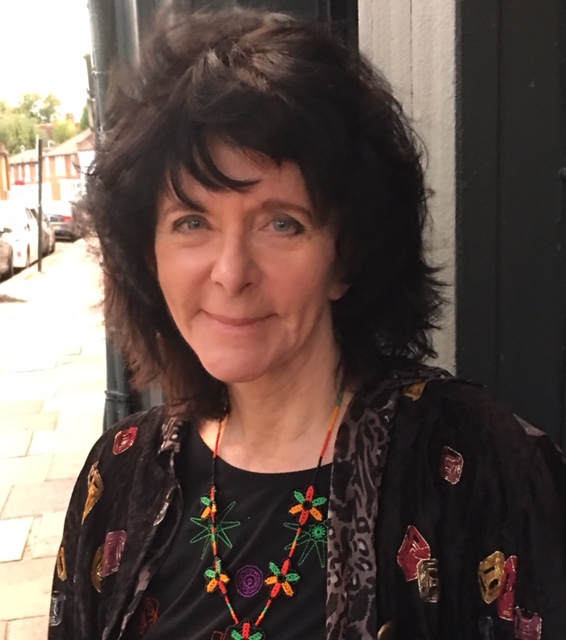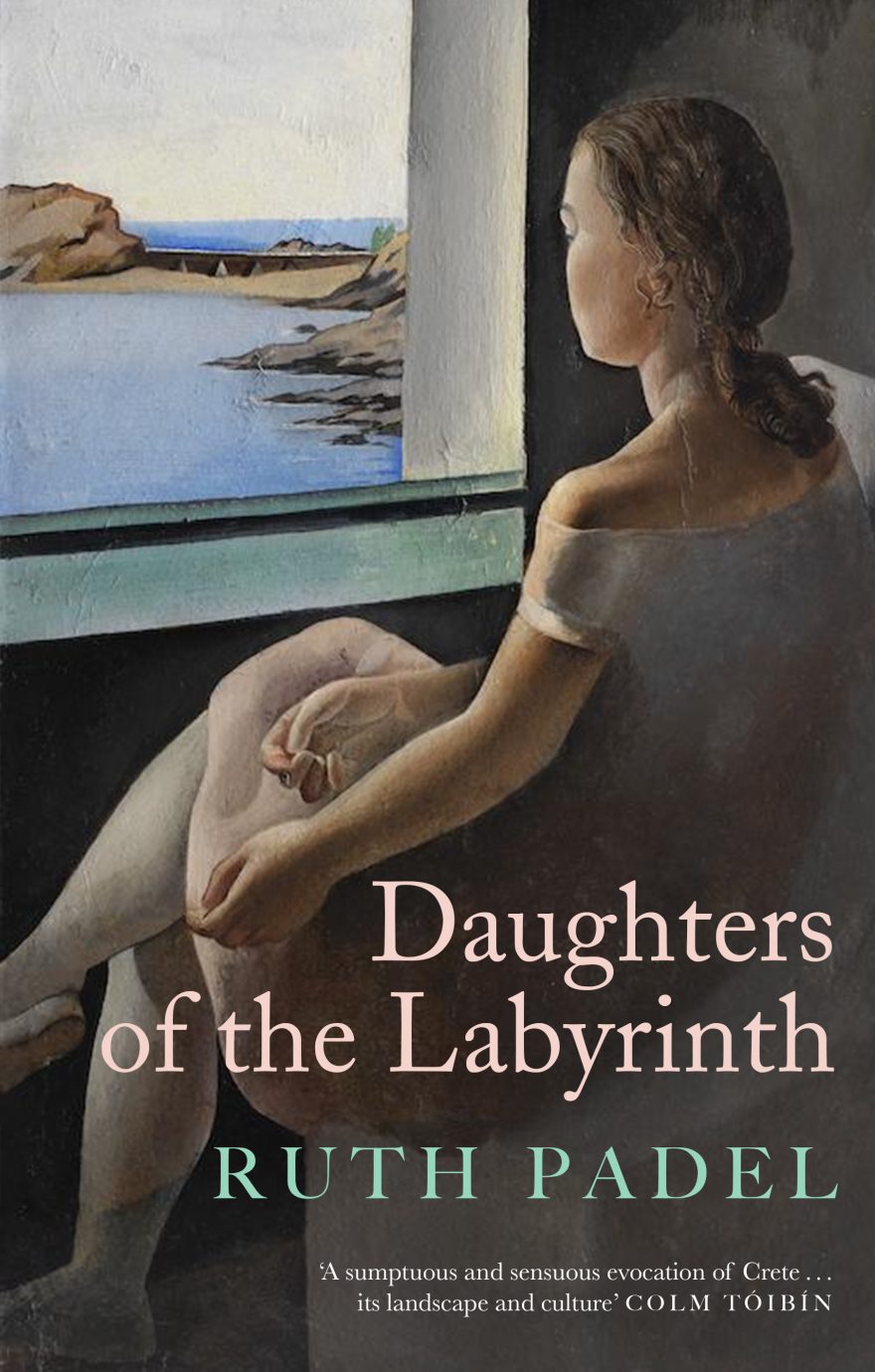On Daughters of the Labyrinth
‘An immersive novel steeped in the history and folklore of Crete: transporting, historically informative story-telling.’ – Sunday Times
‘Evocative, entrancing, a wonderfully rich and absorbing novel. As with the best fiction, it tells a compelling story while at the same time deepening and enlarging our understanding of the complexity of our own nature. It is also delightful in its evocation of Crete and its many-layered history.’ – Allan Massie, The Scotsman
‘She deftly sketches the complications of family as she teases away at questions of identity and home. Animated by keen imaginative empathy and a strong sense of place, this moving, satisfying, layered novel will transport you to the amethyst Aegean even as the real thing remains out of reach.’ – Daily Mail
A thought-provoking novel of identity, history and our times.’ – The New European
‘A slow-burner of a novel, lyrical and psychologically astute.’ – Mail on Sunday
‘It is rare to come across literary fiction as satisfying as Daughters of the Labyrinth. I can’t recommend it highly enough. I had no idea that there was a Jewish community in Crete before the war or what happened to them. Padel skilfully shows the Cretan Jews deeply embedded in the island’s life and, tragically, how cut off they were from what was happening to Jews on the Greek mainland. So much fiction that addresses the Jewish condition fails because the author doesn’t get the details right. Padel succeeds triumphantly. The whiff of authenticity seeps from every page.’ – Jewish Chronicle
A moving and superbly written exploration of a Cretan family with dark secrets. Crete itself becomes one of the main characters in the story.’ – Catriona Crowe, Irish Times, Best Books of 2021
‘A daughter’s passionate quest for the truth about what happened to her parents in Crete during the German occupation and a sumptuous and sensuous evocation of Crete itself, its landscape and culture. Ruth Padel brings a poet’s eye to this world of great physical beauty and gnarled legacy.’ – Colm Tóibín, author of Brooklyn
‘I can’t recommend this highly enough. Beautiful, moving, exquisitely layered and compelling. I absolutely loved it.’ – Christina Patterson
‘Precise and contemporary, offering a very present Britain and an ever-present past in Crete, both transformed by a beautiful imagination, Ruth Padel’s novel replenishes the heart. Sunlit and love-drenched, magical and historical, surprising, elegant, and beautifully written.’ – Andrew O’Hagan, author of Mayflies
We never thought we were immune. We know we need protection – God’s commandments at your door, a smoke cross on your lintel, a sword of healing in the mosque. Break a pomegranate at New Year, keep a goldfinch against plague. Use a face mask. Do what the doctor says.
The novel opens as Brexit looms in the UK and Greece is grappling with austerity and the refugee crisis. It is a land of mass tourism and ancient myth, where Europe’s oldest civilisation was long ago buried by tsunami, but underneath lie folk legends of revenants and demons and an unnerving silence about more recent history.
The narrator is Ri, a successful artist who has worked in London all her life. When her English husband dies she turns to her roots on Crete, only to discover they are not what she thought. Unearthing her parents’ stories transforms her relationship to her family, her country and herself.

